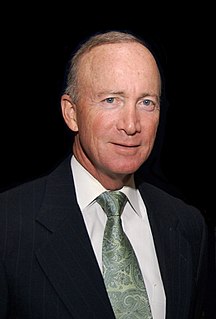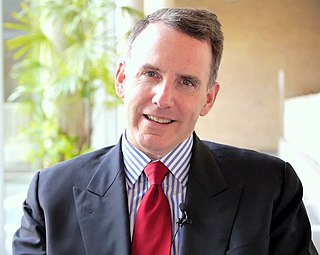A Quote by George Pataki
We also have a program in place for low income people. A family of four making $26,000 a year can receive medical coverage, irrespective of citizenship or what documents.
Related Quotes
If the US Government was a family—they would be making $58,000 a year, spending $75,000 a year, & are $327,000 in credit card debt. They are currently proposing BIG spending cuts to reduce their spending to $72,000 a year. These are the actual proportions of the federal budget & debt, reduced to a level that we can understand.
Obama's devastating America. The policies put in place and those that are gonna be put in place are gonna do even more damage. I mean, it's serious what he's doing. Did you see this? The IRS announced that the family health care premium, once Obamacare is implemented, is $20,000 a year. You were told your premium was gonna go down $2,500 a year! The average family premium is going to be $20,000 a year. I guarantee you, people didn't vote for that.
Hillary Clinton and I have worked together on a higher education proposal which will guarantee free tuition in public colleges and universities for every family in this country making $125,000 a year or less. We're going to fight for paid family and medical leave. Those are the issues that the American people want to hear discussed, and I'm going to go around the country discussing them and making sure that Hillary Clinton is elected president.
There's a reason Atlanta, Dallas, Houston and Phoenix are our four fastest-growing areas. They offer an astonishingly high standard of living for ordinary Americans. New York City is a great place to be really rich and not a terrible place to be really poor, but it's a pretty hard place to live on $60,000 a year. You don't experience anywhere near the basic standard of living you would in Houston on the same income.
When you consider that a steelworker who's making $40,000 a year has virtually the same tax burden as someone who's making $400,000 a year, you see that there are inequities. This administration has used the tax code to accelerate wealth to the top. Most of the tax breaks have gone to people in the top bracket.
































